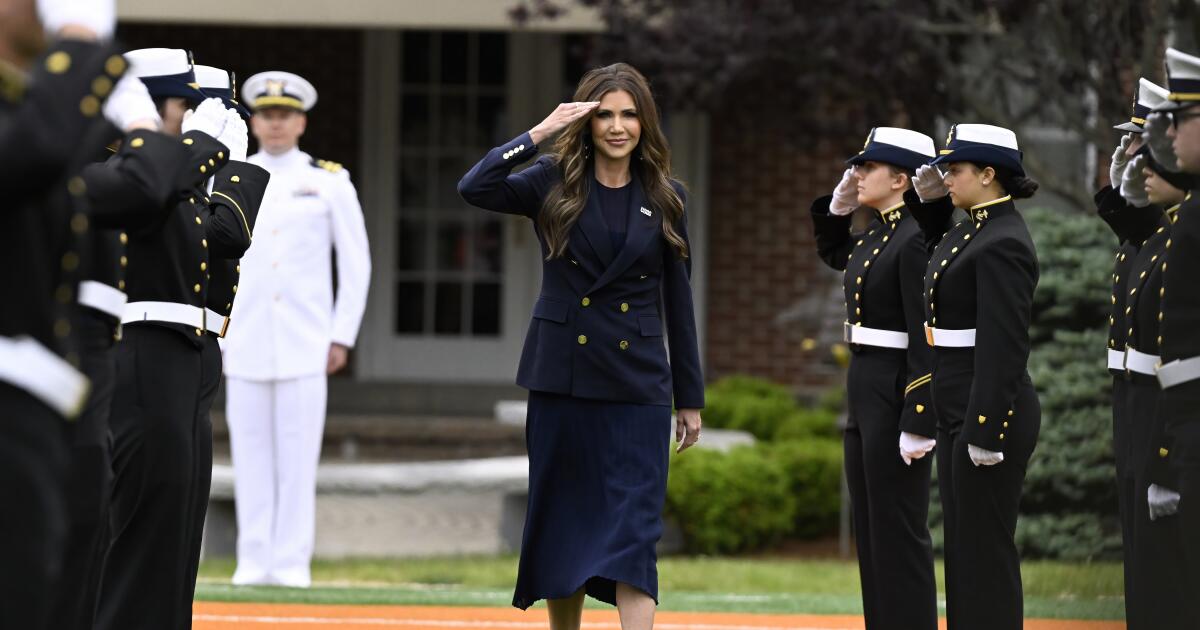FRANKFURT (Reuters) -German Chancellor Olaf Scholz said Europe needs closer military collaboration, and said he also favors the deterrent of French nuclear weapons as suggested by President Emmanuel Macron, to respond to what Scholz called Russia’s “brutal imperialism”.
“I welcome the fact that the French president emphasised the European dimension of the French force de frappe,” Scholz wrote in a guest article published in The Economist on Thursday.
“In addition to nuclear deterrents, we are looking at strong conventional forces, air and missile defence, as well as cyber, space and deep-precision strike capabilities,” said Scholz
“Europeans can and will have to contribute more to the transatlantic burden-sharing (within NATO)”, he added.
He stressed the European Union would not have its own nuclear weapons. “There is also no intention to question the sovereignty of the French dissuasion nucléaire,” said Scholz.
Macron said last month that France’s nuclear weapons should be part of the European defence debate.
Before that, Macron had called for stronger, more integrated European defences as he outlined his vision for a more assertive European Union on the global stage, saying “Europe could die”.
Russian forces earlier this month started exercises to simulate preparation for the launch of tactical nuclear weapons, in what was seen as a warning signal by President Vladimir Putin to deter the West from wading more deeply into the war in Ukraine.
Moscow at the time linked the exercises to what it calls “militant statements” by Western officials, including Macron.
Scholz added in his article that in order to maintain broad public support for Ukraine in Europe, it is important to be “crystal clear” that NATO does not seek confrontation with Russia.
(Reporting by Ludwig Burger in Frankfurt and Andreas Rinke in Berlin; Editing by Leslie Adler)
